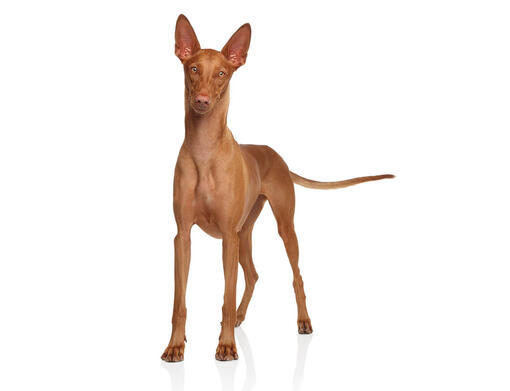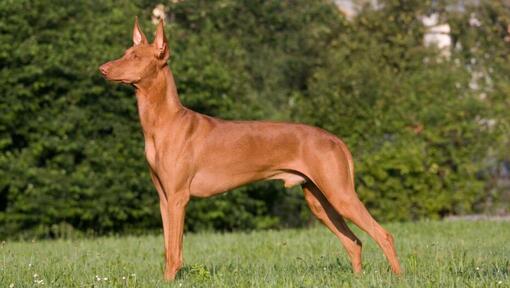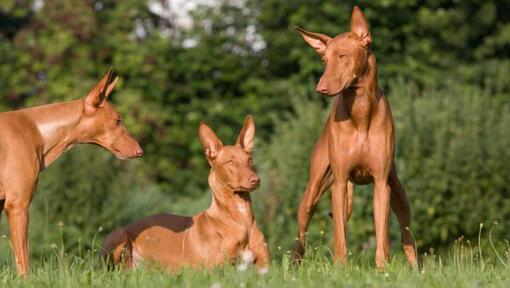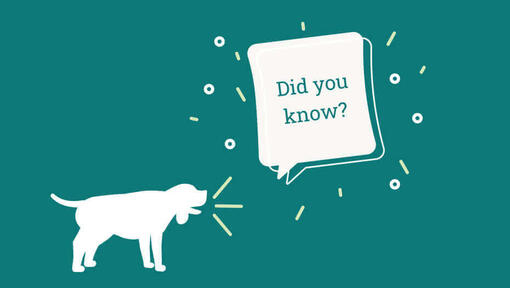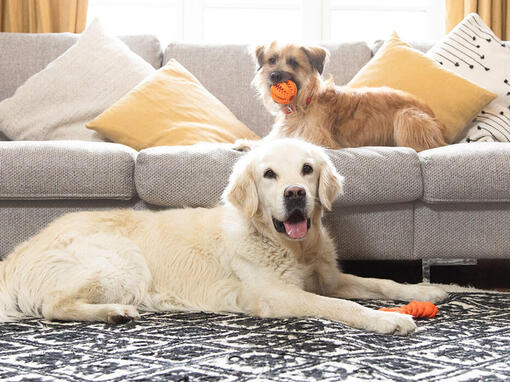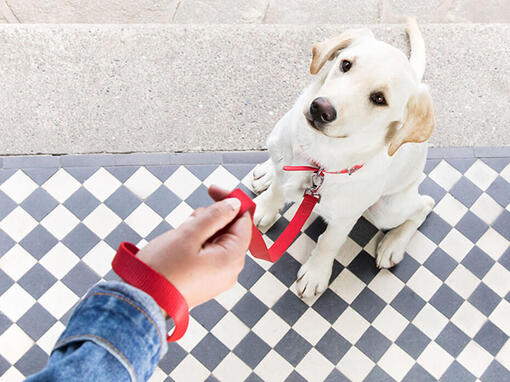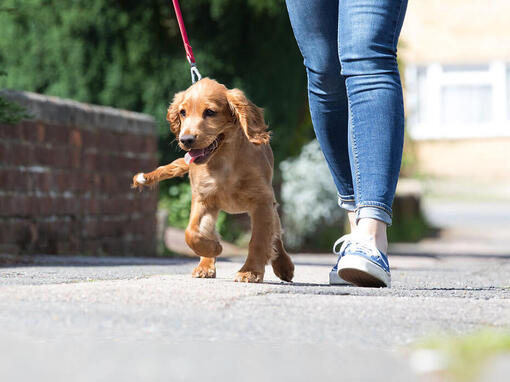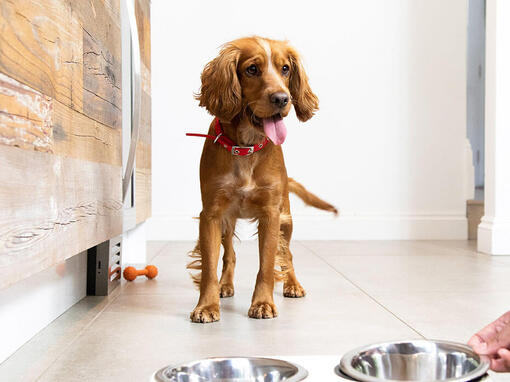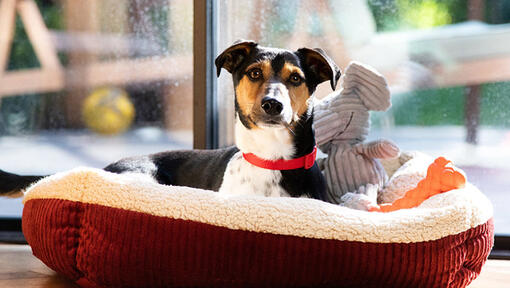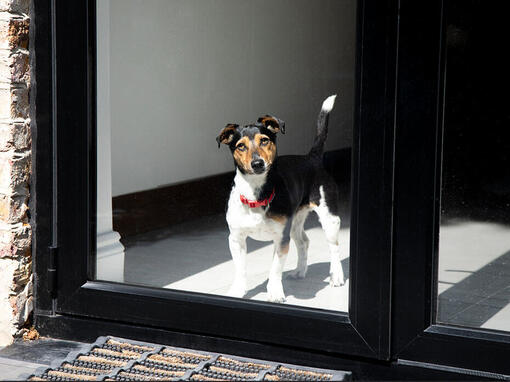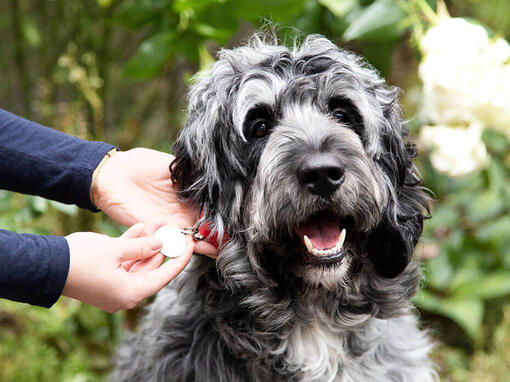History and Origins
Country of Origin: Malta
Well known in Malta and Gozo for centuries as a farmer’s dog, the Pharaoh Hound was originally known as the Maltese Rabbit Dog. In an attempt to give this dog a more noble title, the enthusiasts of the breed in the 1960s renamed the dog, noting that the Pharaoh Hound closely resembled depictions of houndlike dogs in the wall paintings and carvings of ancient Egypt.
Whilst there is no hard evidence that there is a genetic link, it is likely that Phoenician traders visited the Maltese Islands in ancient times, and there are a number of similar, true breeding types known in the Mediterranean region. Unusual and beautiful dogs have often been traded and gifted between nations and those that perform a useful function such as hunting would be highly prized, making this link quite possible.
